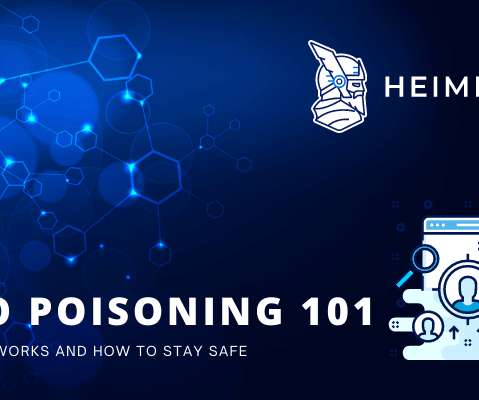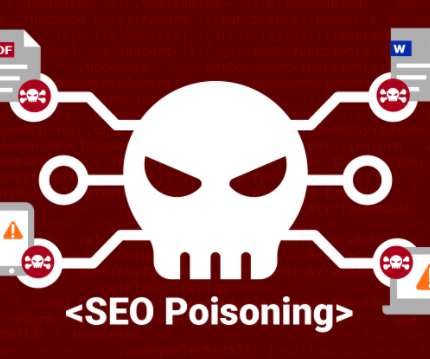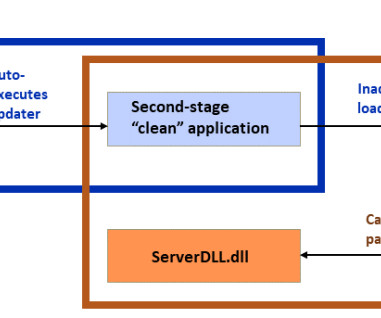What Is an SEO Poisoning Attack and How Does It Affect Network Security?
Heimadal Security
JANUARY 26, 2023
SEO poisoning attacks have been on the rise in recent years, as more and more people are using search engines to find information online. Attackers are constantly coming up with new ways to exploit SEO vulnerabilities, so it’s important to be aware of the risks and take steps to protect yourself.
















Let's personalize your content